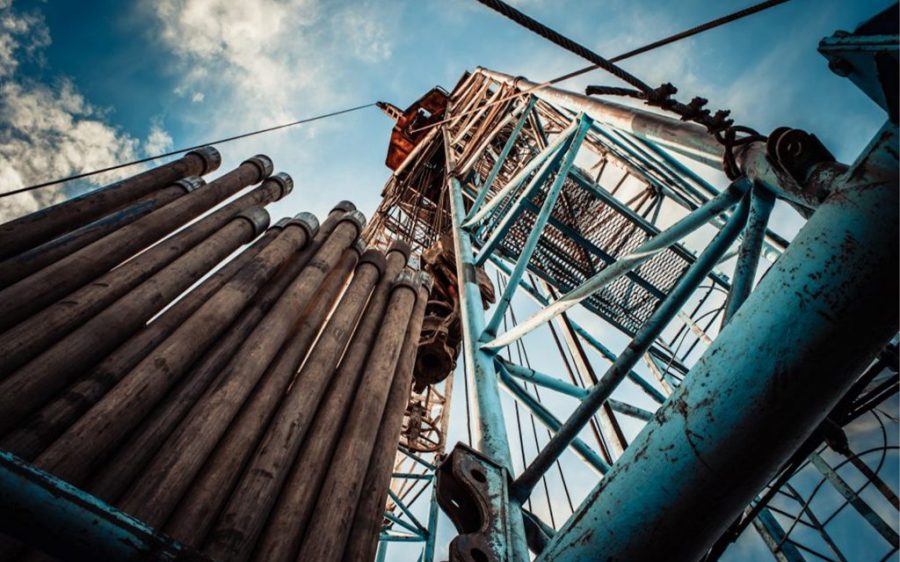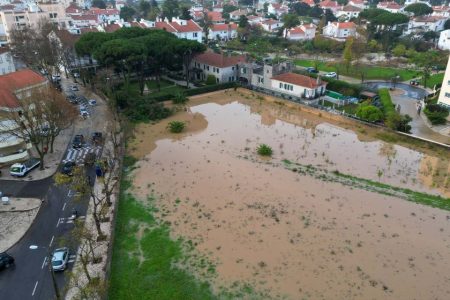The Timorese state oil company Timor GAP, the majority partner in the Greater Sunrise consortium in the Timor Sea, has informed Australia’s Woodside of its intention to replace it as operator of the project.
Timor GAP holds 56.56 per cent of the Greater Sunrise consortium, in which Woodside has 33.44 per cent, and Japanese Osaka Gas company has 10 per cent.
The permanent maritime border agreement between Timor-Leste and Australia determines that Greater Sunrise, a shared resource located 150 kilometres from Timor-Leste and 450 kilometres from Darwin, will have to be shared, with 70 per cent of the revenues going to Timor-Leste in the case of a pipeline to the country, or 80 per cent if the processing is in Darwin.
The issue was discussed at an internal meeting of the consortium last week, during which GAP confirmed its intention to Woodside; days later, Woodside announced a change of position about the development of the project, admitting the possibility of construction of a gas pipeline with a connection to Timor-Leste.
Victor Soares, minister of petroleum and mineral resources said that the decision “is an internal issue of the consortium and should be concluded between them. The Australian and Timor-Leste governments will only facilitate so that they can have a consensus,” he explained.
On Thursday, the Woodside official acknowledged in a conversation with investors that it was reconsidering the possibility of a pipeline from the Greater Sunrise fields to the south coast of Timor-Leste, representing a shift in the company’s position following the Dili government’s position throughout this process.
Victor Soares said the statements are “a good sign”, adding that he hopes to move forward in the negotiations next week when a Woodside team is expected to visit
“This is the first time they have shown that openness to sit at the table and discuss this option. It is a good sign for the people of Timor-Leste,” he said.
The company official said Woodside has put the development of the Greater Sunrise and Browse fields back on the agenda, citing the need for long-term natural gas supply, especially in Asia.






